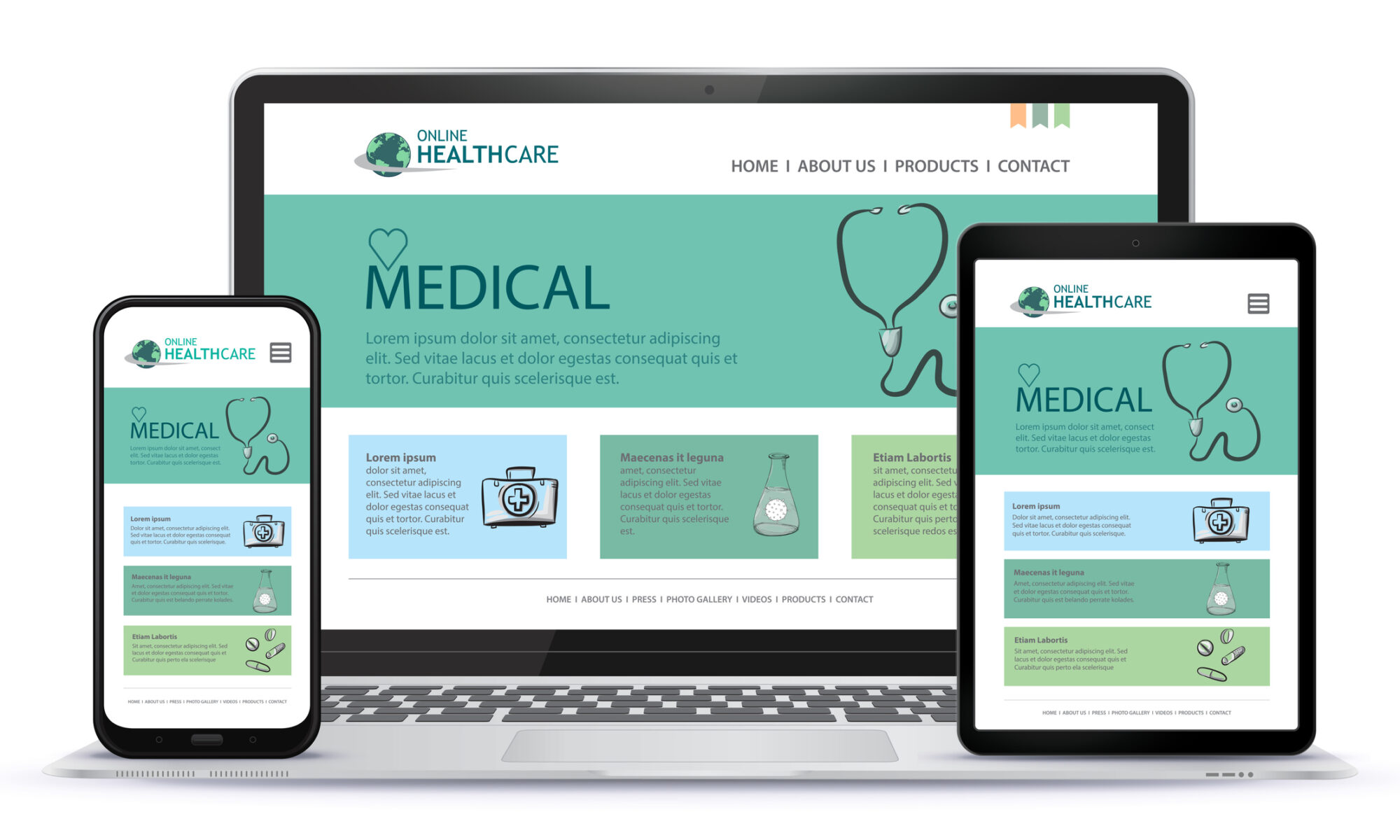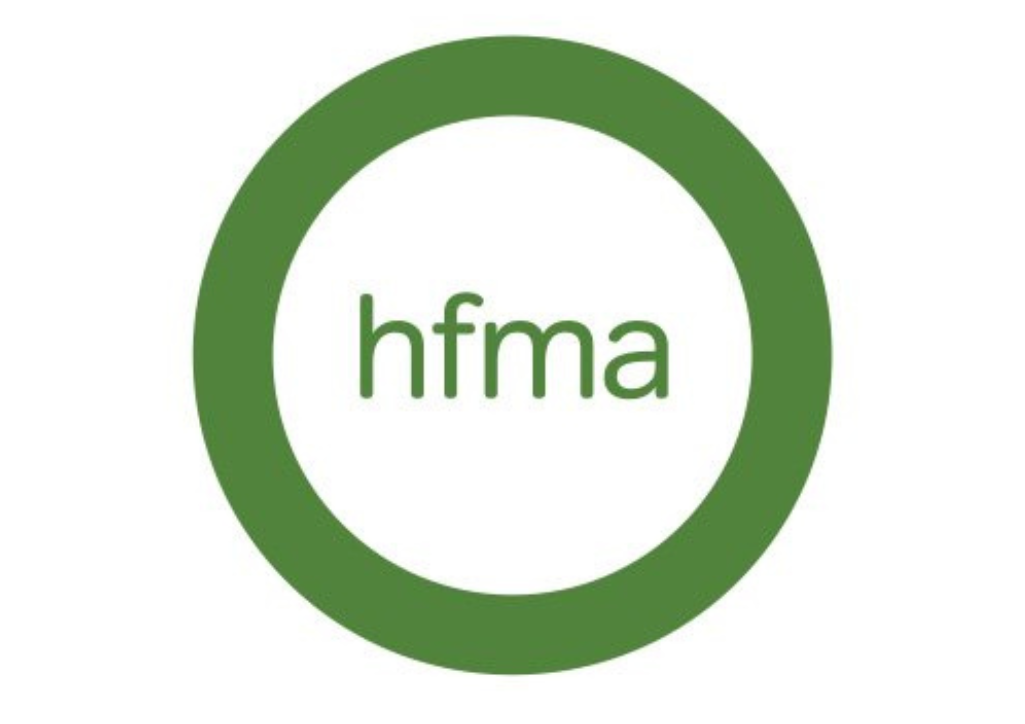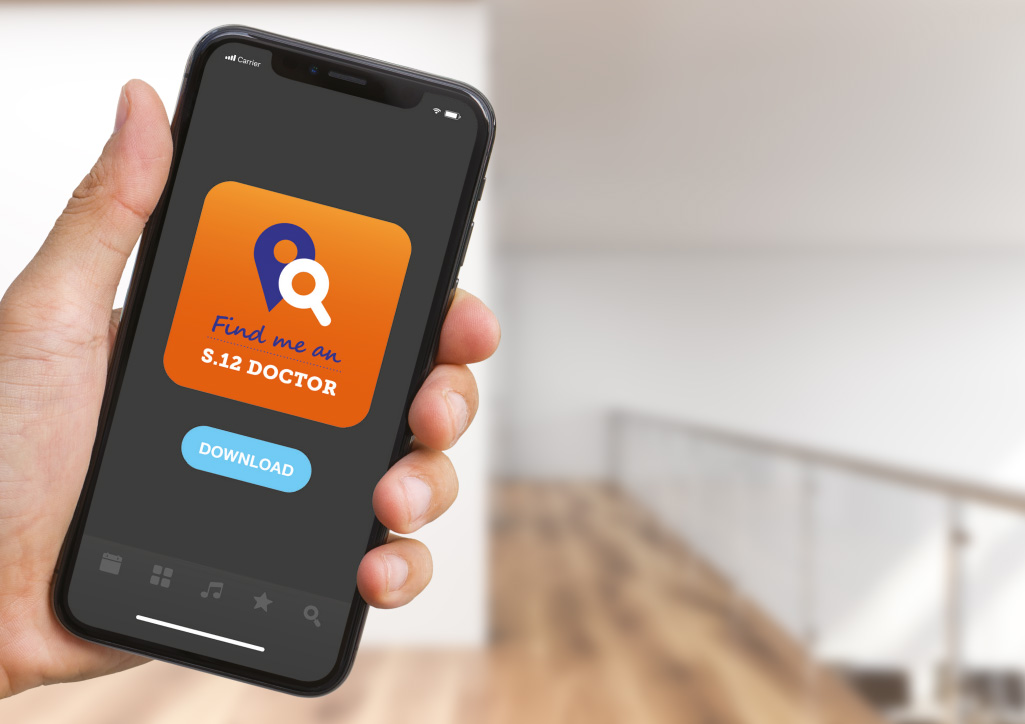Our Nursing and Urgent Care Team’s intervention significantly transformed a care facility, enhancing staff morale, competence, and confidence, ultimately transitioning it from requiring improvement to being well-prepared for its next CQC inspection, exemplifying a model approach to continuous quality improvement in healthcare settings.
Background
The Care Quality Commission (CQC) has evolved its approach to assessing and evaluating care providers, necessitating a proactive stance from healthcare organisations to ensure compliance and readiness for inspections. Recognising this shift, NHS Midlands and Lancashire’s Nursing and Urgent Care Team (NUCT), equipped with extensive experience in clinical practice and service management across various healthcare settings, emerged as a pivotal resource in supporting organisations to meet CQC standards effectively.
Action
The NUCT collaborated with the Black Country Integrated Care Board (ICB) to address the readiness of a nursing and residential home that had recently received a “requiring improvement” rating from the CQC. Leveraging their expertise, the team engaged the registered home managers in a comprehensive preparation process.
A peer review of the facility was conducted, enabling the team to identify areas requiring improvement based on the CQC key lines of enquiry. Constructive feedback was provided to the management team, fostering an environment of open communication and collaboration. Tailored face-to-face training sessions were also conducted for staff at all levels within the home. We consolidated the training by carrying out a mock CQC inspection at the home.
Impact
The impact of the Nursing and Urgent Care Teams intervention was transformative. Feedback from the 46 staff members who participated in the training sessions was overwhelmingly positive, with 100% rating the training as good or excellent. Comments such as “The training provided was fantastic and helped me feel more confident” And “The trainers were friendly and knowledgeable” underscored the effectiveness of the program in enhancing staff morale and competence.
Equipped with newfound confidence and skills, both the management team and frontline staff felt empowered and enthusiastic about their next CQC inspection. The collaborative efforts of the team, not only instilled confidence but also instigated a culture of continuous quality improvement within the home.
The provision of an evaluation report after the program further facilitated the ongoing enhancement of care standards, ensuring sustained compliance and excellence in patient care delivery.
Through proactive engagement and targeted interventions, our Nursing and Urgent Care Team facilitated the transformation of a care facility from one requiring improvement to one poised to excel in its next CQC inspection. Their expertise, coupled with effective collaboration and personalised support, exemplifies a model approach to CQC readiness and continuous quality improvement in healthcare settings.
Feedback
Rachael and Sam were an absolute joy to have and welcome into the home, they provided my team with invaluable confidence, time, knowledge, and key skills to enable them to anticipate and shine in our upcoming CQC inspection.
They have supported my team in acknowledging that the work they do daily is phenomenal and makes a huge difference to the people who live in our home. Their approach was professional, warm, and inviting. They were incredibly knowledgeable and adaptable to the home and meeting the homes/staffs needs. They provided me as the registered home manager constructive feedback to improve the home even more. I can’t thank them enough for the vital support they gave to myself and my team here at Portway House. I would implore any other providers to take full advantage of this programme. Faye Gailey | Registered Manager | Portway House




















































